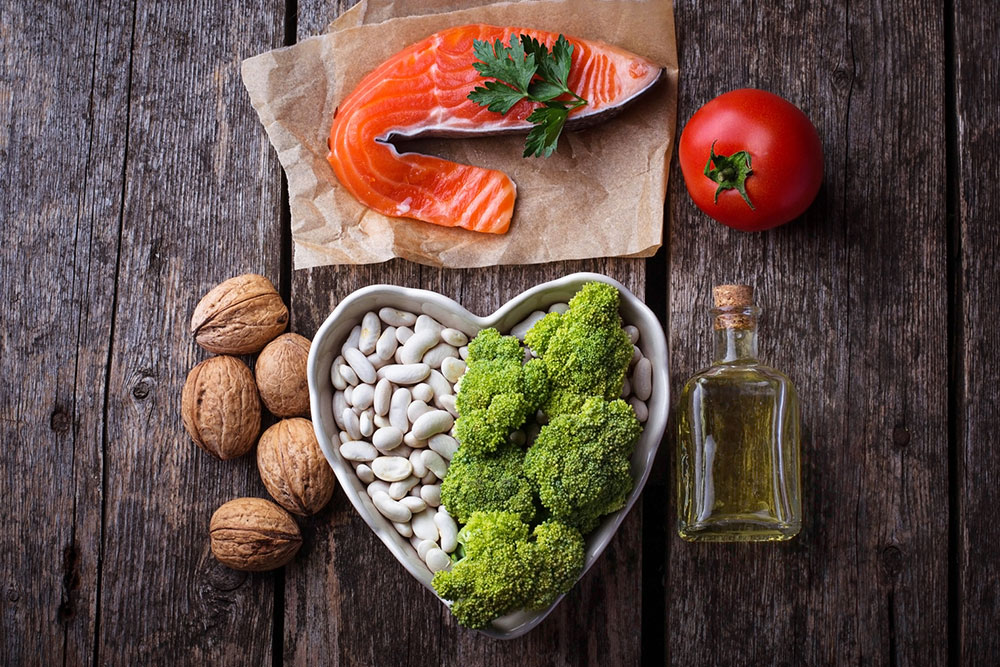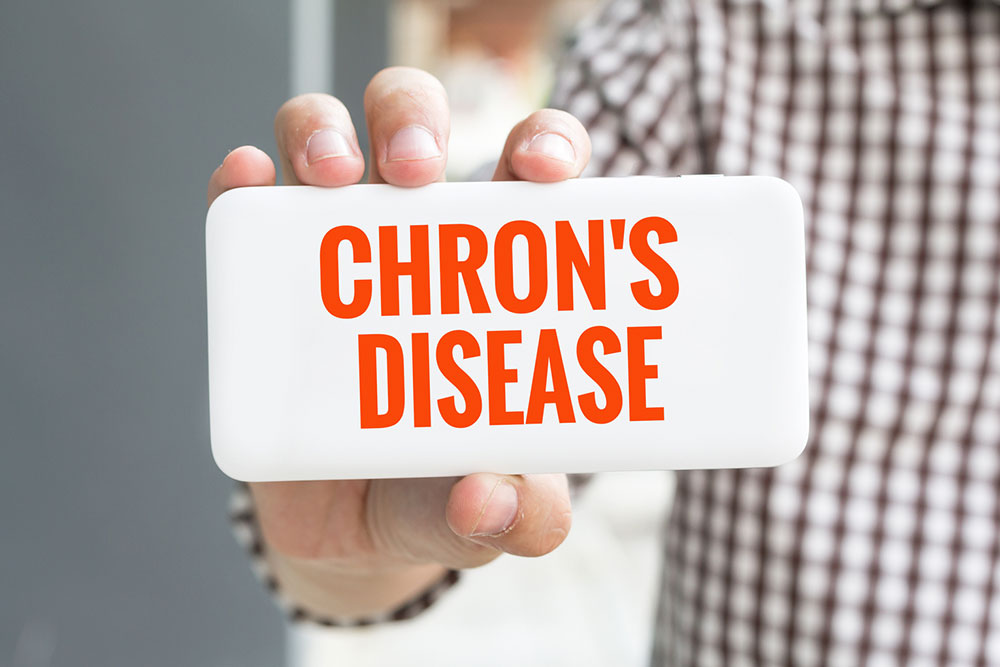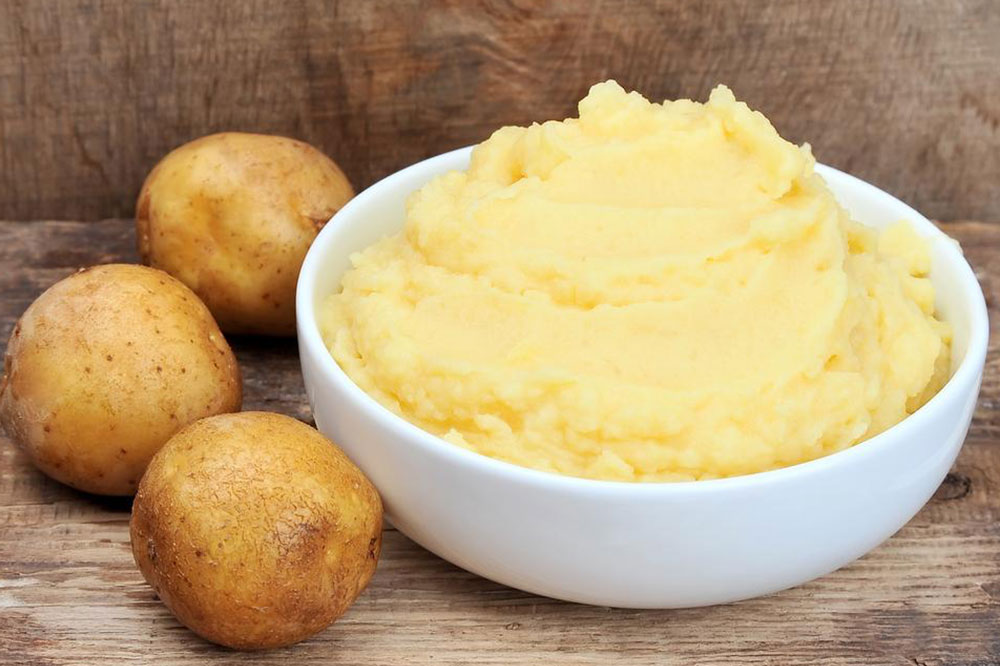Nutritional Strategies for Managing Crohn’s Disease
Discover effective dietary strategies to manage Crohn’s disease through the inclusion of probiotics, nutritious, easy-to-digest foods, and lifestyle tips. Learn about foods to include and avoid to alleviate symptoms, support gut health, and promote remission. Always consult a healthcare professional before making dietary changes to ensure safety and suitability for your condition.

Dietary Guidelines for Individuals with Crohn’s Disease
Using beneficial bacteria to fight harmful pathogens? It may sound strange, but consuming beneficial bacteria, or probiotics, can help alleviate certain health issues caused by bacterial imbalance. Before exploring their benefits for Crohn’s disease, it’s essential to understand the condition itself. Crohn’s disease is a long-term inflammatory disorder affecting the digestive tract.
The immune system of those with Crohn’s mistakenly attacks beneficial gut bacteria, leading to a significant reduction. The term probiotics combines “pro” (for) and “biota” (life), emphasizing their role in supporting health.
Probiotics help restore beneficial gut bacteria, enhancing digestion and overall wellness. Therefore, including probiotics in a Crohn’s disease diet can be an effective part of symptom management.
The importance of beneficial bacteria
Microorganisms in our digestive system are vital for digestion and immune function. Maintaining a healthy gut flora is crucial for proper nutrient absorption. Conditions like Crohn’s or antibiotic use can disturb this balance, causing inflammation and digestion problems. When beneficial bacteria decrease, external sources of probiotics become necessary to maintain gut health.
Using probiotics for Crohn’s Disease
Crohn’s disease features fluctuating episodes of flare-ups and remission. As an autoimmune illness without a cure, managing lifestyle and diet is key. Incorporating probiotics can help control symptoms by supporting digestion and healing intestinal inflammation. Naturally active probiotic foods provide live cultures and are more effective than dormant forms.
Can probiotics contribute to Crohn’s treatment?
Probiotics aid in rebalancing gut flora disrupted by Crohn’s. They work by replenishing lost bacteria and reducing gut inflammation. While their definitive role in curing Crohn’s is still under study, evidence suggests probiotic-rich diets support improved digestion and immune response.
Foods suitable for Crohn’s Disease
Since Crohn’s affects individuals differently, personalized dietary approaches are recommended. Foods should be easy to digest to minimize symptoms. Key options include:
Almond Milk - Ideal for those lactose intolerant, rich in calcium and free from dairy components.
Eggs - A cost-effective, digestible protein source.
Oatmeal - Contains soluble fiber that aids water absorption and smoothes digestion.
Pureed Vegetable Soups - Nutritious and gentle on inflamed intestines.
Lean Seafood - Steamed, grilled, or boiled options boost protein intake without added fats.
Bananas, Papaya, Mango - Easy-to-digest tropical fruits, with papaya containing enzymes for protein digestion.
Mashed Potatoes - Comfort food, especially post-flare, gentle on the stomach.
Avocado - Nutrient-dense and easier to digest than high-fiber foods.
Foods to avoid during Crohn’s flare-ups
Alcoholic beverages like beer, wine
High-fat spreads such as butter, mayonnaise, margarine, oils
Stimulants like coffee, tea, chocolate
Fried and greasy foods
Foods that cause gas buildup
Spicy dishes
Red meats
Although probiotics can enhance general health, their direct impact on Crohn’s symptom management requires further research. They are generally safe unless immune-compromised or if certain foods trigger symptoms. Always consult a healthcare professional before adding probiotics to your diet, especially if you have food intolerances or severe symptoms.










